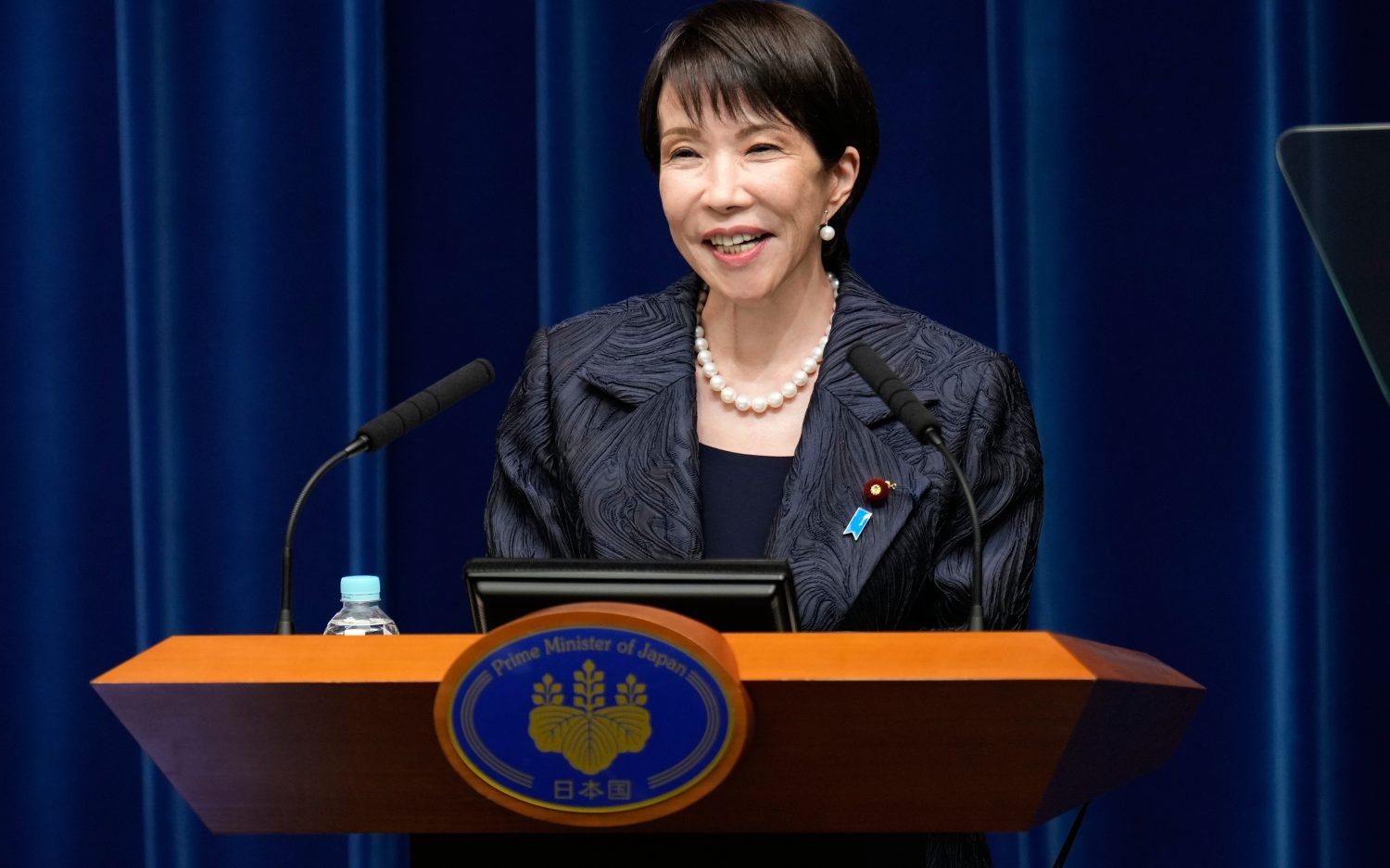Clarence Thomas marks 25 years on Supreme Court
A look at Thomas’ historic career and the opposition that will never leave him
WASHINGTON—For Supreme Court Justice Clarence Thomas, some things will never change.
In 1991, Thomas’ high character, integrity, and work ethic made him a prime candidate to replace retiring Justice Thurgood Marshall and become the nation’s second African-American Supreme Court justice. His Senate confirmation hearings were complete, and his placement on the court seemed assured. What followed were some of the most public and politicized hearings in United States history after Anita Hill claimed Thomas, her supervisor at the Equal Employment Opportunity Commission, had sexually harassed her.
Twenty-five years later, Thomas’ supporters say two things will forever be associated with him: an originalist approach to the Constitution and unfair opposition.
Now 68, Thomas is on pace to become the longest-serving Supreme Court justice in history before his 80th birthday.
Thomas brings a distinct style and work ethic to the court. He dives into the weeds of the law and arduously brings back each case to the Constitution instead of relying on previous rulings. Over the last two court terms, Thomas published nearly twice as many writings as any other justice.
Carrie Severino, a former Thomas clerk and now chief counsel for the Judicial Crisis Network, explained to me Thomas gets a bad reputation for not offering as many majority opinions, but even when he concurs he will thoroughly explain how he came to that conclusion by linking the case back to the nation’s founding documents—regardless of how painstaking.
Thomas often is asked to explain his silence during oral arguments, but Severino said he does that intentionally. According to Severino, Thomas knows the significance of arguing before the Supreme Court and does not want to interrupt attorneys who have worked years to get a case at that level. And Thomas doesn’t care what spectators think of this practice.
“He’s not one to Google himself,” Severino said of Thomas. “He doesn’t want his work to be influenced by the jeers or the cheers.”
Thomas’ placement on the court almost ended before it ever started. Hill’s accusations posed a potentially fatal blow to his appointment. But hearings with the Senate Judiciary Committee poked holes in Hill’s story, and, after exhaustive debate, the Senate voted to confirm Thomas to the court by a 52-48 vote.
For those involved at the time, the controversy was more than a sexual assault accusation from an unhinged employee: It was an orchestrated attack to undermine Thomas’ future impact on the highest court in the land.
“Liberals saw his nomination to the court as an existential threat to them,” said Mark Paoletta, assistant White House counsel for President George H.W. Bush during Thomas’ nomination process. “There is no one who has been subject to this kind of vitriol.”
Paoletta told me Thomas’ unique position as a 43-year-old black conservative about to receive a lifetime appointment to the Supreme Court was ruinous for the liberal elites’ agenda, and they were willing to do anything to halt his confirmation.
Earlier this year, HBO dramatized the worst part of Thomas’ life in the film Confirmation. Paoletta told me that when he heard the movie was coming out, he went ballistic. He said the film inaccurately portrayed what happened during the Hill hearings and served as another slice of the ongoing effort to undermine Thomas’ work on the court.
Last month, Washington, D.C., unveiled its newest Smithsonian Institute museum dedicated to the experience and contributions of African-Americans. Circa then reported a bias against Thomas from the museum’s curators. The museum’s vignette to African-Americans in the 1990s features Hill’s photo prominently along with several quotes. Thomas’ life and work are barely a footnote among the exhibits.
Just last week, New York Times Columnist Maureen Dowd negatively compared Thomas to Donald Trump. She said Thomas, like Trump, was a creepy guy who acted “pervy” toward women, and Thomas got rewarded with a lifetime appointment to the Supreme Court.
Paoletta told me the 1991 hearings and the subsequent backlash deeply affected Thomas.
“He wouldn’t be human if they didn’t,” he said.
Thomas addressed the hate against him in a public address at the National Bar Association in 1998.
“I, for one, have been singled out for particularly bilious and venomous assaults,” Thomas said. Adding that criticism stems from the left’s assertion that “I have no right to think the way I do because I’m black.”
In the New York University Journal of Law & Liberty, Timothy Sandefur explained Thomas’ thinking and approach to the Supreme Court.
“His opinions are rigorous, consistent, and unintimidated by the intellectual fads that have swept through the legal elite for the past half century,” Sandefur said. “Thomas is a religious conservative whose views on law and politics are deeply influenced by his Catholic faith and by historical tradition.”
After next month’s election, the Supreme Court could see its first liberal majority for the first time in nearly half a century, making Thomas’ future on the court equally as important as his past.
An actual newsletter worth subscribing to instead of just a collection of links. —Adam
Sign up to receive The Sift email newsletter each weekday morning for the latest headlines from WORLD’s breaking news team.




Please wait while we load the latest comments...
Comments
Please register, subscribe, or log in to comment on this article.